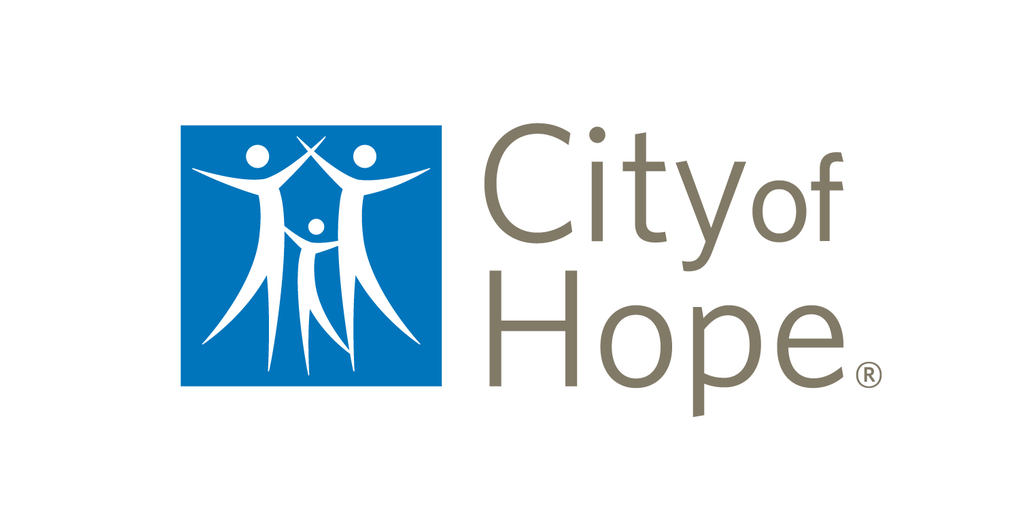Patients in a Phase 3 clinical trial who received sotorasib and panitumumab lived longer, suggesting the combination therapy could become the new standard of care, according to a new City of Hope study.


LOS ANGELES--(BUSINESS WIRE)--A novel combination therapy offers better outcomes for patients with KRAS G12C metastatic colorectal cancer that have stopped responding to chemotherapy, according to a Phase 3 clinical trial by researchers at City of Hope®, one of the largest and most advanced cancer research and treatment organizations in the U.S., with its National Medical Center named top 5 in the nation for cancer care by U.S. News & World Report.
The Food and Drug Administration (FDA) in January approved the combination to treat patients with metastatic KRAS G12C mutated colorectal cancer that has progressed following chemotherapy. In a new study published in the Journal of Clinical Oncology, colorectal cancer patients who received a combination of two drugs, small molecule KRAS G12C inhibitor sotorasib combined with monoclonal antibody panitumumab, had significantly longer progression-free survival compared to those who received standard of care. Researchers also saw a strong trend toward improved overall survival* in the combination therapy group.
“This new treatment option prolongs the control of disease in this patient population and should be offered as the new standard of care,” said senior author Marwan Fakih, M.D., Judy & Bernard Briskin Distinguished Director of Clinical Research; professor in the Department of Medical Oncology & Therapeutics Research; co-director of the Gastrointestinal Cancer Program at City of Hope.
KRAS G12C is one of several genetic mutations that are known to activate the KRAS protein, which drives tumor growth and progression. KRAS mutations are present in up to 45% of colorectal cancer cases. Of these, fewer than 10% involve the KRAS G12C mutation.
Sotorasib targets the KRAS G12C protein specifically and is the first KRAS G12C inhibitor to be FDA-approved for clinical use. It works by binding to the mutated KRAS G12C protein, blocking its activation and inhibiting cancer cell growth.
Panitumumab is a monoclonal antibody drug used to treat colorectal cancer. It works by blocking a protein called epidermal growth factor receptors (EGFR), which play an important role in cell growth and division. EGFR is over-expressed in several cancers, including colorectal cancer.
The new study, conducted with support from Amgen Inc., builds on previous research by Dr. Fakih’s team that found sotorasib could be made more effective when combined with panitumumab.
City of Hope is a national leader in working collaboratively with biopharmaceutical companies to usher innovative cancer therapies to patients, especially to people diagnosed with colorectal cancer.
The trial, called CodeBreaK 300, is the first to compare the sotorasib/panitumumab combination head-to-head against the standard of care in this patient population. All patients involved in the trial had KRAS G12C mutated colorectal cancer that progressed despite previous treatments with oxaliplatin, fluoropyrimidine and irinotecan — standard first- and second-line chemotherapy drugs.
For the study, 160 patients were randomized into three groups. One group received a 960 milligram (mg) dose of sotorasib with panitumumab; a second group received a lower dose of 240 mg sotorasib with panitumumab; and a third group received either a trifluridine/tipiracil combination or regorafenib, the current standard of care drugs.
“We confirmed that the higher dose of sotorasib was associated with higher response rates and longer time to progression compared to the control arm. The higher dose arm also appeared to have more favorable outcomes than the lower dose sotorasib arm,” Dr. Fakih said.
More than 30% of patients in the high dose sotorasib group achieved an objective response, which researchers defined as shrinking tumor volume by more than half. Only 1.9% of patients in the standard –of care group achieved the same result.
Notably, even though the trial was not designed to measure overall survival due to its small size, results suggested a benefit. Researchers noted that overall survival in the high dose sotorasib group was prolonged by 30% compared to standard of care.
“The exciting response rates seen with this combination provide a strong rationale to combining sotorasib plus panitumumab plus chemotherapy in the earlier lines of therapy of this disease,” Dr. Fakih said.
The most common adverse reactions were diarrhea, musculoskeletal pain, nausea, fatigue, hepatotoxicity and cough. Follow-up studies are underway investigating this combination as a first-line treatment option for KRAS G12C metastatic colorectal cancer, he added.
* CodeBreaK 300 was not designed nor powered to detect a significant difference in overall survival.
The Journal of Clinical Oncology study entitled, “Overall survival analysis of the Phase 3 CodeBreaK 300 study of sotorasib plus panitumumab versus investigator’s choice in chemorefractory KRAS G12C colorectal cancer,” was supported by Amgen Inc.
About City of Hope
City of Hope's mission is to make hope a reality for all touched by cancer and diabetes. Founded in 1913, City of Hope has grown into one of the largest and most advanced cancer research and treatment organizations in the U.S., and one of the leading research centers for diabetes and other life-threatening illnesses. City of Hope research has been the basis for numerous breakthrough cancer medicines, as well as human synthetic insulin and monoclonal antibodies. With an independent, National Cancer Institute-designated comprehensive cancer center that is ranked top 5 in the nation for cancer care by U.S. News & World Report at its core, City of Hope’s uniquely integrated model spans cancer care, research and development, academics and training, and a broad philanthropy program that powers its work. City of Hope’s growing national system includes its Los Angeles campus, a network of clinical care locations across Southern California, a new cancer center in Orange County, California, and cancer treatment centers and outpatient facilities in the Atlanta, Chicago and Phoenix areas. City of Hope’s affiliated group of organizations includes Translational Genomics Research Institute and AccessHopeTM. For more information about City of Hope, follow us on Facebook, X, YouTube, Instagram and LinkedIn.
Contacts
Katherine Ramirez
626-678-4163
katramirez@coh.org




